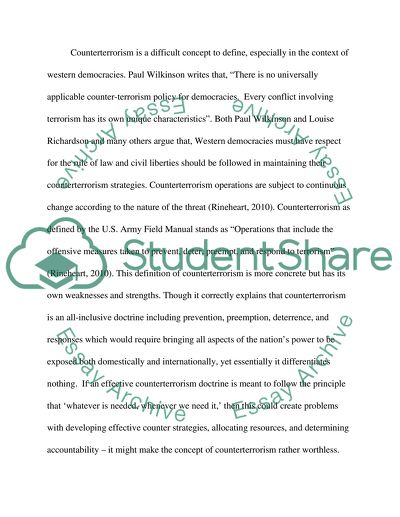Cite this document
(“State Counter Terrorism Strategy and Plans for Japan Essay”, n.d.)
Retrieved from https://studentshare.org/history/1454157-write-an-assignment-on-state-counter-terrorism
Retrieved from https://studentshare.org/history/1454157-write-an-assignment-on-state-counter-terrorism
(State Counter Terrorism Strategy and Plans for Japan Essay)
https://studentshare.org/history/1454157-write-an-assignment-on-state-counter-terrorism.
https://studentshare.org/history/1454157-write-an-assignment-on-state-counter-terrorism.
“State Counter Terrorism Strategy and Plans for Japan Essay”, n.d. https://studentshare.org/history/1454157-write-an-assignment-on-state-counter-terrorism.


